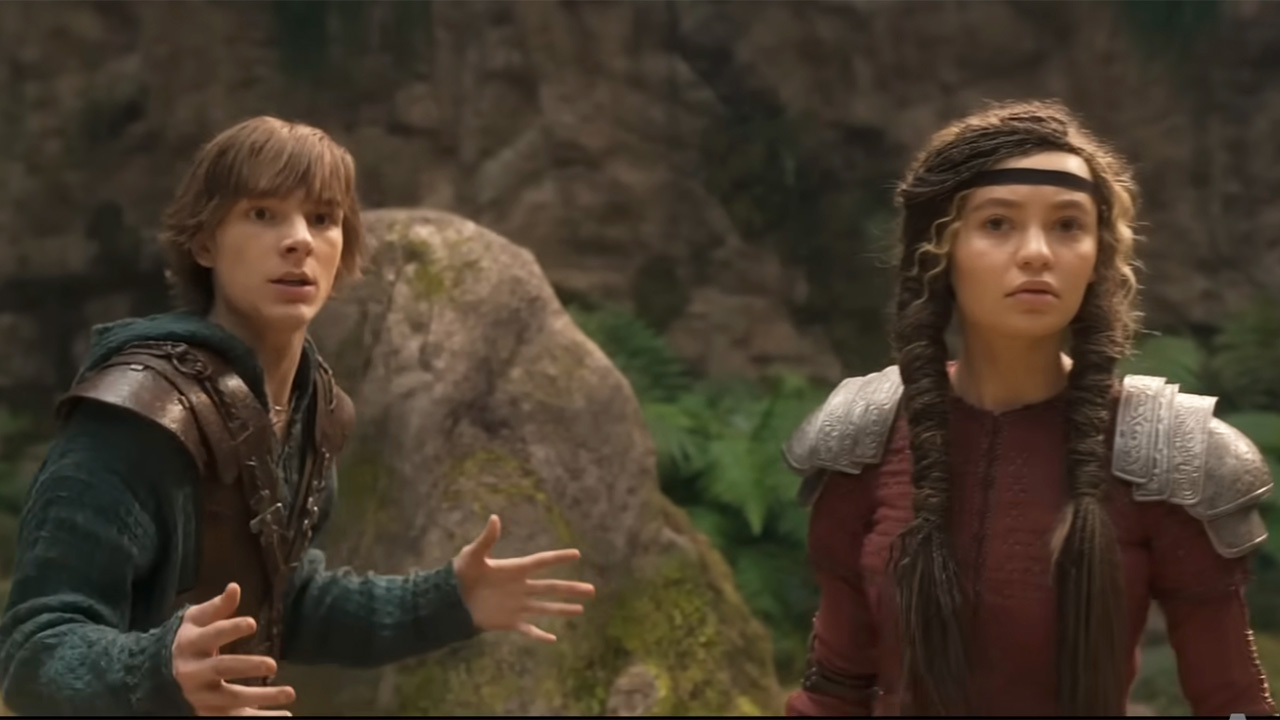7 Things Jordan Peele Has Said About Making His Groundbreaking Horror Movies Ahead Of Nope
Get ready for the filmmaker's next release.
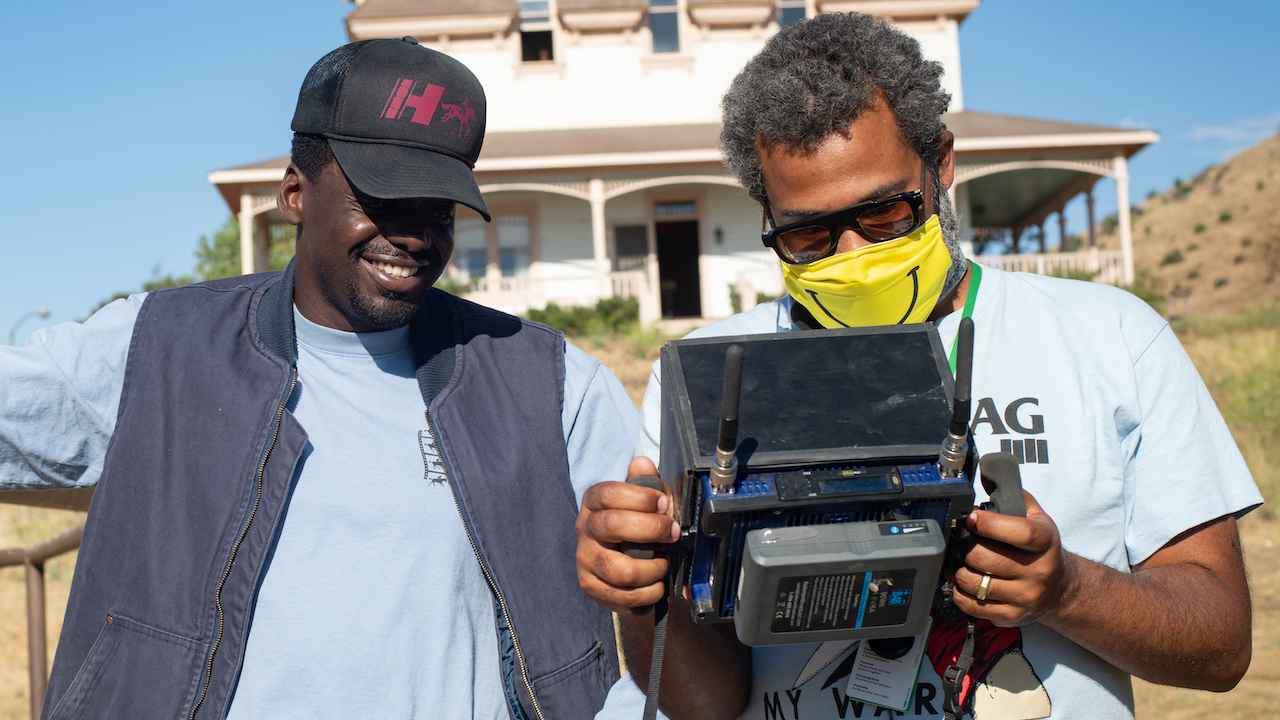
Your Daily Blend of Entertainment News
You are now subscribed
Your newsletter sign-up was successful
In the past five years, Jordan Peele has quickly become one of the most exciting and beloved horror voices working today. After his 2017 directorial debut, Get Out, became an acclaimed cultural phenomenon, he continues to be known as a visionary filmmaker with 2019’s Us, and later this month, Nope. Before we check out Peele’s third horror movie, let’s look back at what he has said about his unique and inspiring approach to filmmaking.
While Peele broke out as a comedian known for his sketch show with Keegan-Michael Key, Key & Peele, as soon as Get Out came around, horror fans and everyone was taking time to pay attention to his film. From there, Get Out became one of the few horror movies to be recognized by the Oscars, and Peele became the first Black writer to win Best Original Screenplay in Oscar history.
With Peele's career thus far, he's positioning himself as a powerful name amongst Hollywood’s new generation of filmmakers, and an important voice in the demand for more Black representation off screen. Here are some memorable things Jordan Peele has said about making his groundbreaking horror movies ahead of Nope.
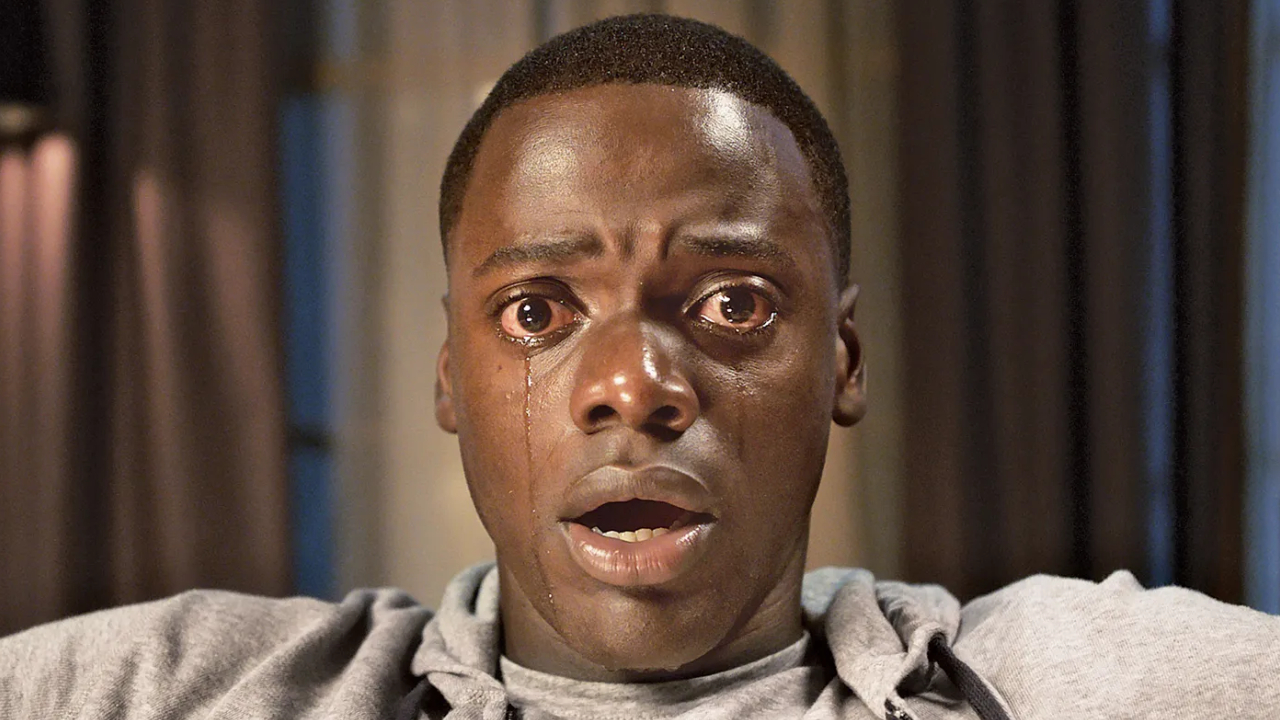
He Thinks Storytelling Is One Of The Few Avenues For Empathy
Jordan Peele’s journey into horror filmmaking began out of “fun” at a time when he wanted to write a screenplay in his favorite genre, without the objective of necessarily getting it made. While speaking to The Hollywood Reporter amidst Get Out’s road to the Oscars, the writer/director shared that the social commentary came during the writing process. Peele said that he believes the power of “empathy” is a major tool at the hands of being a storyteller. In his words:
The power of story is that it is one of the few ways we can really feel empathy and encourage empathy. Built into the idea of story is the idea that you have a protagonist and when you have a protagonist, the whole trick that all of us are trying to do is to bring the audience into the protagonist’s eyes, behind their eyes. A well crafted story, a good story, is one of the few ways we can really, not tell somebody that you have to feel for somebody else, but make somebody feel because they are experiencing it through entertainment.
During the interview, Peele shared that he was nervous that Get Out would become a divisive film that might lose white audiences because of the villainous white characters or lose black audiences because of its focus on their trauma. But he realized that the audience was on the side of Daniel Kaluuya’s protagonist, Chris, rather than that of one race or the other, so he was able to discuss racism in a way both sides could interact with, even enjoying the often uncomfortable conversations.
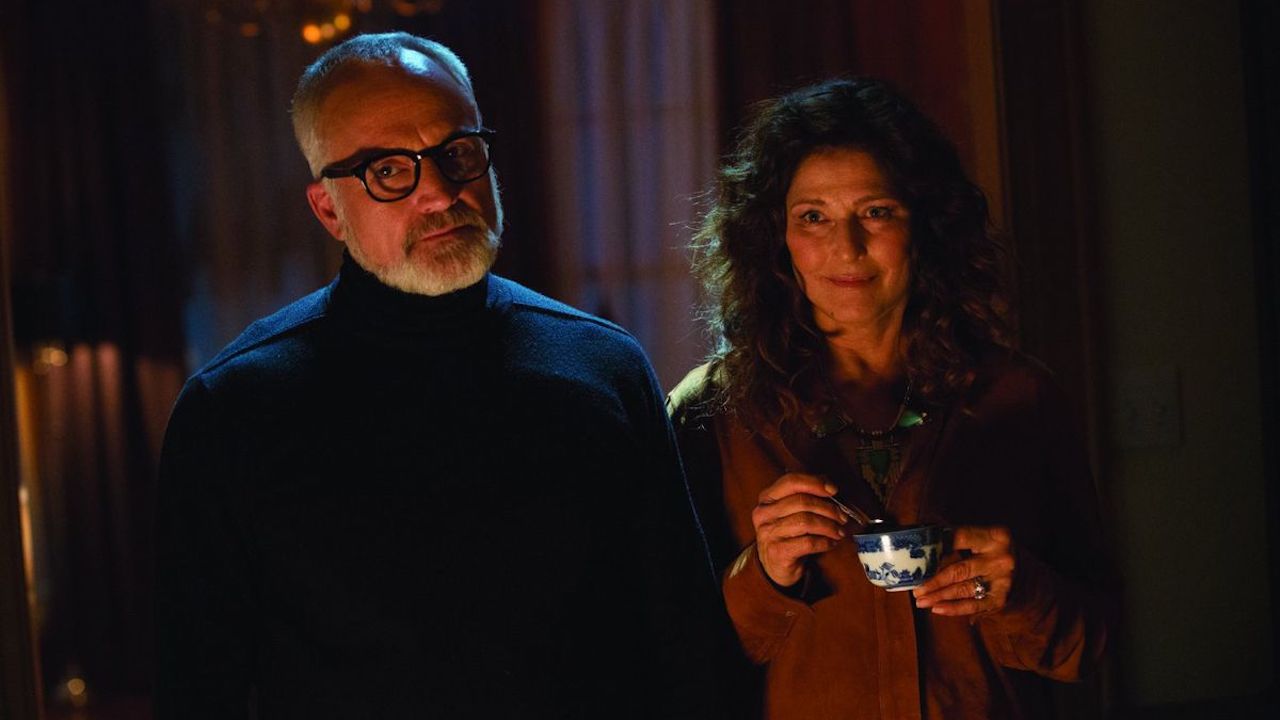
Jordan Peele Wrote Get Out After Feeling A ‘Void’ In the Conversation About Racism
Peele also shared that he started coming up with the concept for Get Out not long after President Obama was elected – a time where he felt like America was claiming to be “past racism” with the country finally electing a Black president. This inspired Peele to pen a wake up call on the subject. When speaking to this element of making Get Out, Peele noted:
I was trying to bring a piece of the conversation I’d never seen put on film before. I felt like there was this void in the way we talk about race, especially at the time when I wrote it, which was a very similar time to when we wrote the Obama/Luthor translator sketch. We felt like racism was not being called out sufficiently enough for us.
While on CBS This Morning, Jordan Peele went on to share how specific scenes in the movie were based on situations he had been in as a Black man, and were relatable to many other minorities. While some of these experiences might be small things on the surface, he wanted to show how those awkward situations are “connected to the deep horror of racism.”
Your Daily Blend of Entertainment News
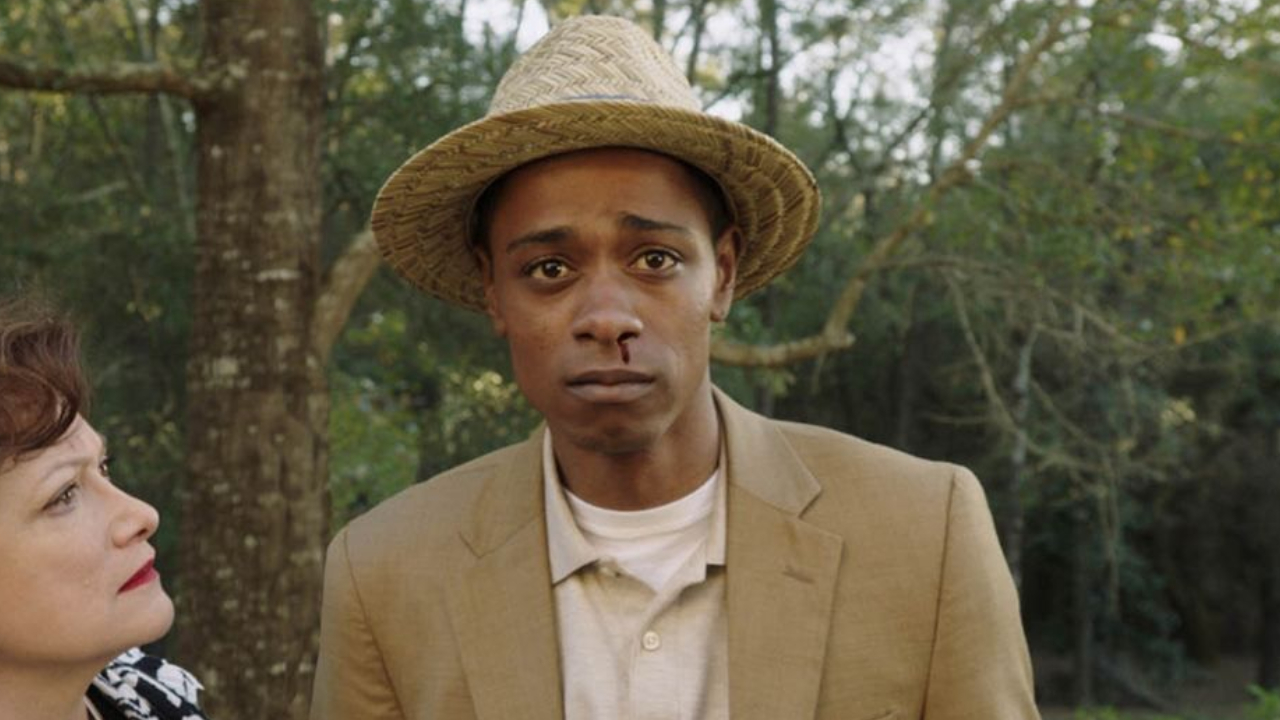
Get Out Was Initially Rejected Due To Rude Feedback By Other Studios
In the years since Get Out, we have seen a wave of horror movies focused on difficult social commentaries that Jordan Peele helped popularize for the modern era. But at the time the filmmaker was trying to get the movie made, he faced a lot of pushback. While speaking with Fast Company about the behind the scenes of the movie getting off the ground, Peele said:
We shopped [Get Out] around because we were looking for a partnership, we were looking for a studio, many people just didn’t get it, the script, just didn’t understand it. We got some pretty rude feedback to be honest… I think there’s a letter from someone, who won’t be named, where they called it stupid, said ‘This is stupid, it won’t work.’ I just remember that word ‘stupid’ coming out.
The movie was ultimately picked up by Universal and Blumhouse, who saw the movie as a “risk,” but it was made for just $4 million and ended up making $255 million worldwide, along with its wide acclaim.
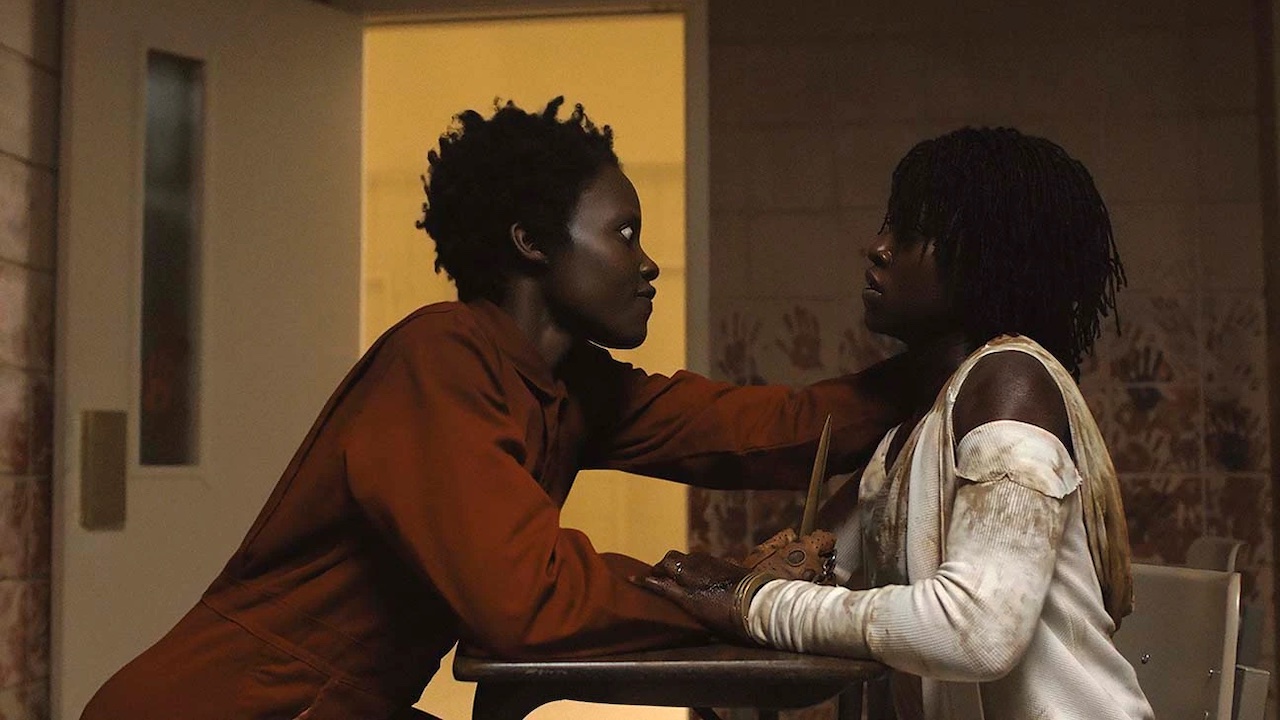
The Desire For Repeat Viewings Of Jordan Peele Movies Are By Design
The director also is a unique director in a sense of how meticulously he crafts his dialogue and symbols for audiences to perhaps not catch the first time and notice on a second, third, or fifth viewing. While talking about Get Out with FOX 5 Washington DC and the ReelBlend podcast’s Kevin McCarthy, Jordan Peele said:
I wanted to make a movie you have to watch two times. Watch it again. Every piece of dialogue is a plan for something. Hopefully for [Get Out] people will watch it twice, three times, it’s got some layers. I’ve put some easter eggs in there and I’ll probably continue to weave in the universe in my next movie.
When it came to Us, a lot came out about its ‘easter eggs’, including in a MarvelousTV interview with Jordan Peele, where he said “the most rewarding part” for him about making movies is seeing people engage in conversation about his films, and look out for those easter eggs.
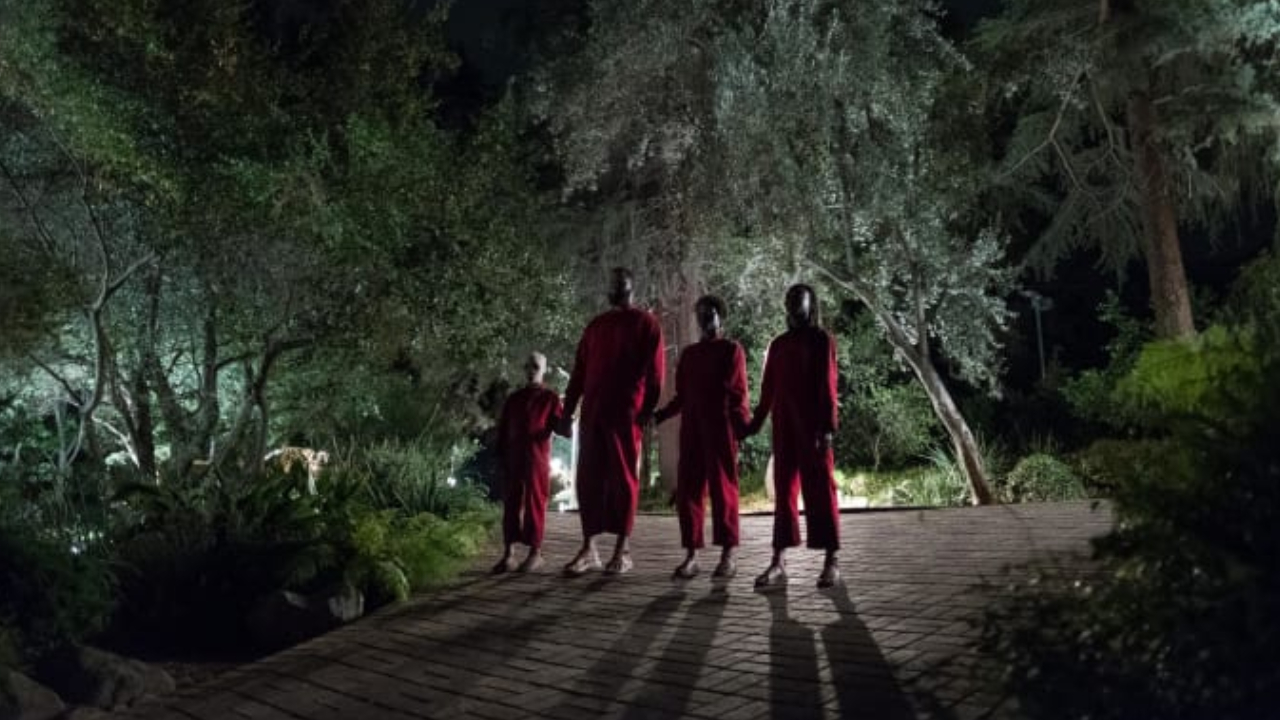
Us Was Written Out Of Jordan Peele’s Childhood Fear Of Doppelgangers
Horror movies have always been ample ground for filmmakers to explore the different fears we all have and thus far Jordan Peele has done a great job at making movies about unique, yet relatable fears. For 2019’s Us, here was how he got the idea:
I’ve been terrified of the idea of doppelgangers since I was a kid. I always had this vision of seeing myself across the subway platform. And just kind of thought, what if you saw yourself and then like, if that’s not creepy enough, if you went [makes creepy face], you know? The other you sort of smiled at you. The idea of ‘Alright, what’s that about?’
Peele spilled the inspiration for Us while he was a guest on Late Night with Seth Meyers while promoting the film. His process goes to show how beneficial it can be for the filmmaker to tap into what scares him most.
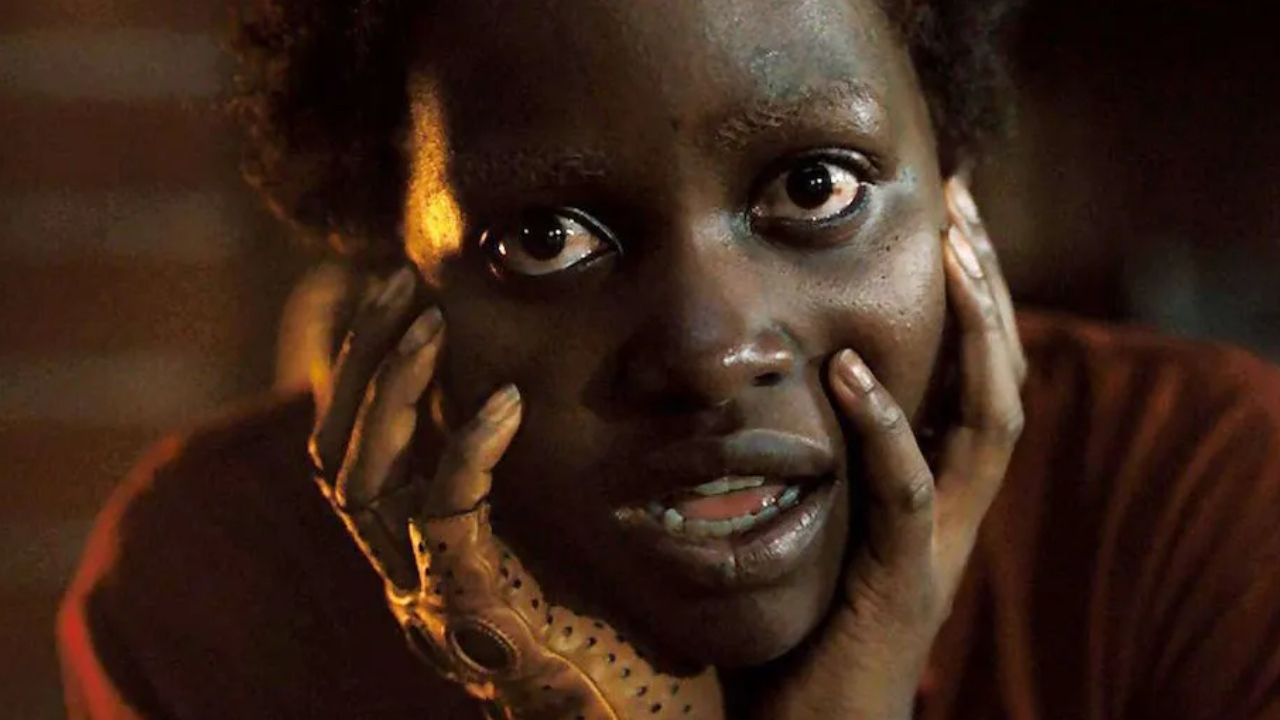
Jordan Peele Gets A 'Mischievous Pleasure’ Out Of Scaring Audiences
Additionally, Jordan Peele just really loves scaring audiences. Like, he seriously gets joy out of catching people off guard and creating fear in a moviegoing experience. In his words:
I’ve done comedy for over 15 years and gotten some great laughs. Nothing really compares to the feeling of getting an audience to shudder. There’s a mischievous pleasure. You will see me in the theater laugh if I get the audience on that level… Something about it is that I have less of an exact science for wielding fear, as I call it, it’s more of an alchemy than comedy, which became almost mathematic at a certain point. Nothing beats hearing the audience be afraid and then giggle afterwards.
During an interview with SBS: The Feed in 2019, Jordan Peele admitted that being a horror filmmaker is actually more satisfying to him than being a comedian, because "wielding fear" is much more difficult to achieve.
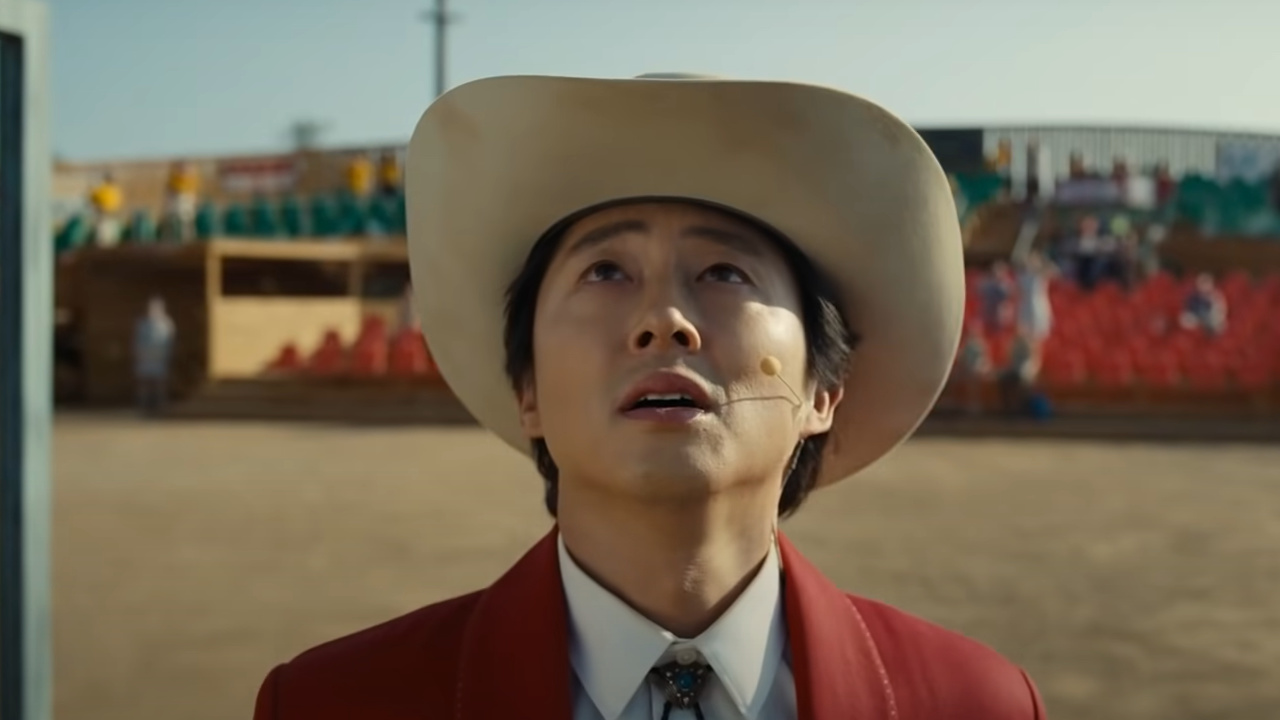
Nope Is Jordan Peele’s Most Ambitious Horror Film Yet
Finally, as we await Nope and get ready for more exciting conversation to come up around the film, Jordan Peele has revealed that the upcoming horror movie is the first of the genre to be shot with IMAX cameras, making it perfect for a theatrical experience. While talking about the making of Nope in an IMAX featurette, Peele added:
My films are always personal. Nope stands apart from my other films in that it's a bigger adventure than I’ve ever tried to tell. From a filmmaking perspective, it’s by far my most ambitious. I purposely wrote something without any regard to how possible it was.
Nope sounds like it's Jordan Peele’s biggest movie yet, especially as far as scope. The movie hits theaters this July 22.

Sarah El-Mahmoud has been with CinemaBlend since 2018 after graduating from Cal State Fullerton with a degree in Journalism. In college, she was the Managing Editor of the award-winning college paper, The Daily Titan, where she specialized in writing/editing long-form features, profiles and arts & entertainment coverage, including her first run-in with movie reporting, with a phone interview with Guillermo del Toro for Best Picture winner, The Shape of Water. Now she's into covering YA television and movies, and plenty of horror. Word webslinger. All her writing should be read in Sarah Connor’s Terminator 2 voice over.
